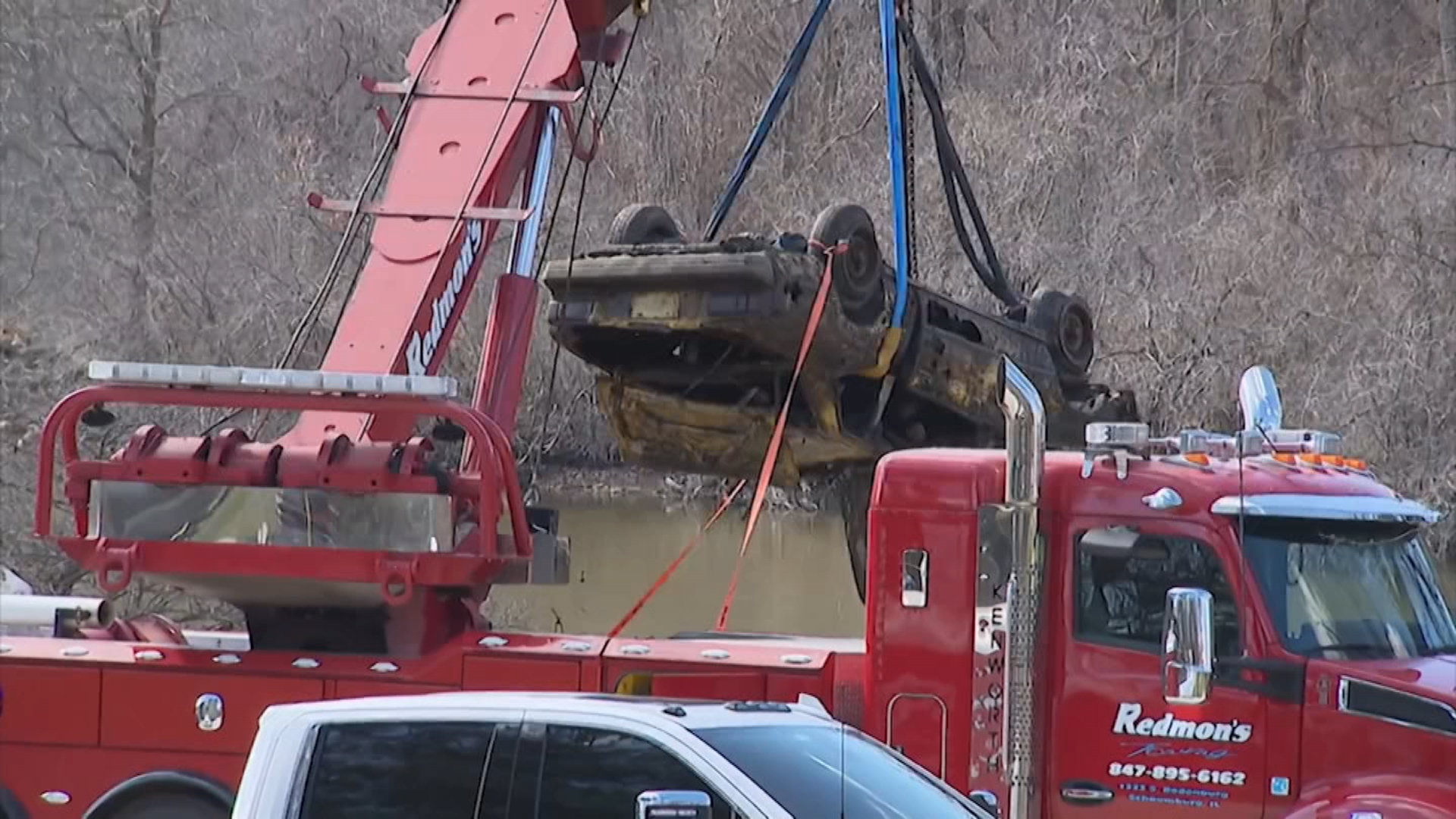Lemont High School will phase out the use of “Indians” as a mascot, following a unanimous decision from District 210 Board of Education Monday night. NBC 5’s Natalie Martinez reports.
Lemont High School will phase out the use of "Indians" as a mascot, following a unanimous decision from District 210 Board of Education Monday night.
The resolution will go into effect for the 2021 to 2022 academic year and will apply to all student activities and athletic teams, according to school officials.
Lemont High School officials did not immediately say whether or not a new mascot name or logo will be put into place.
One man at the largely-attended school board meeting suggested changing the mascot name to "Flames," but the crowd appeared to push towards keeping the name as "Indians."
Several Lemont High School parents spoke at the meeting, including Mike Wilson who feel the district should keep the name.
"I think we've done nothing but celebrate Indians," Wilson said. "There hasn't been sufficient debate about this."
Some parents said they aren't wondering why the school would vote to change the name, but were wondering why people were not informed of the meeting.
Local
"I feel that they've been trying to keep this from the community," said parent Mina Scumaci.
Though a number of parents showed support for the name, Native American and Indigenous People experts said the change symbolizes more than just a name shift.
Feeling out of the loop? We'll catch you up on the Chicago news you need to know. Sign up for the weekly Chicago Catch-Up newsletter.
Pamala Silas with the Center for Native American and Indigenous Research at Northwestern University said there's a "huge problem" with invisibility with Native Americans.
"Those mascots are very harmful to our Native American youth. We have suicide rates three times the national average," Silas said. "Part of that is the isolation and discrimination that exists for people who do not know we still exist."
Rose Miron with American Indian and Indigenous Studies for the Newberry Library explained that many may not detect an issue because the population isn't large in the area.
"If there’s not a large Native population, I can understand why folks would think there isn't a controversy and that there’s never been an issue," Miron said. "But I think this issue is impactful for Native and non-Native communities in terms of how everyone in society understands Native people today."



